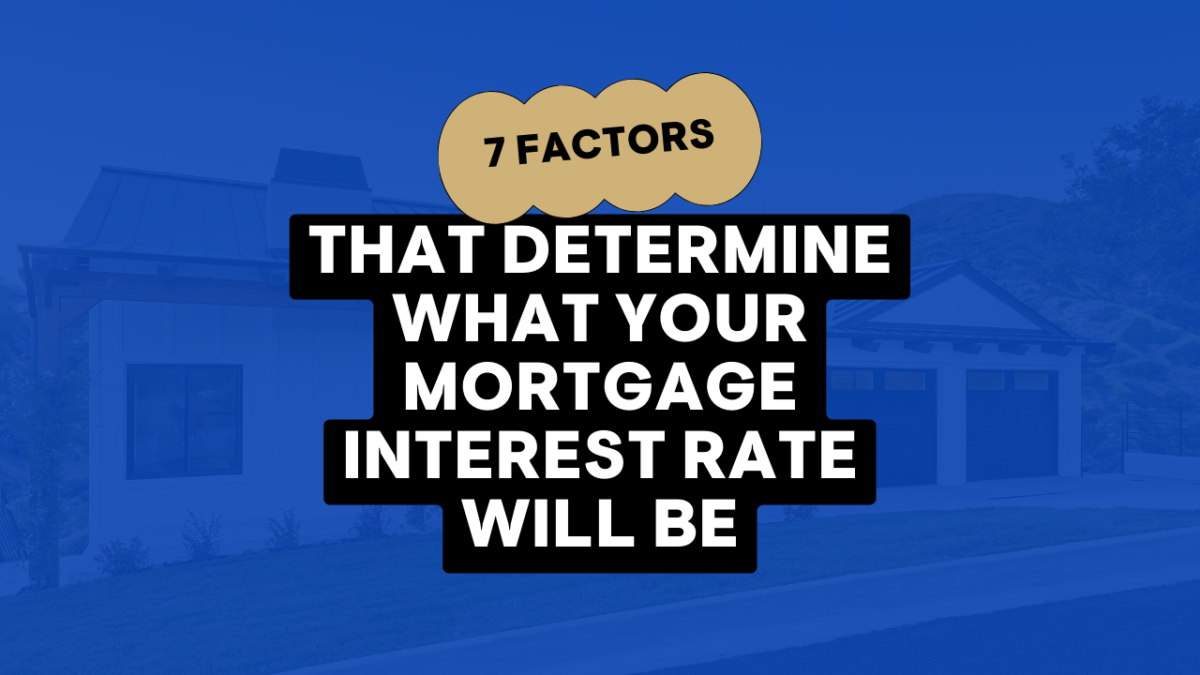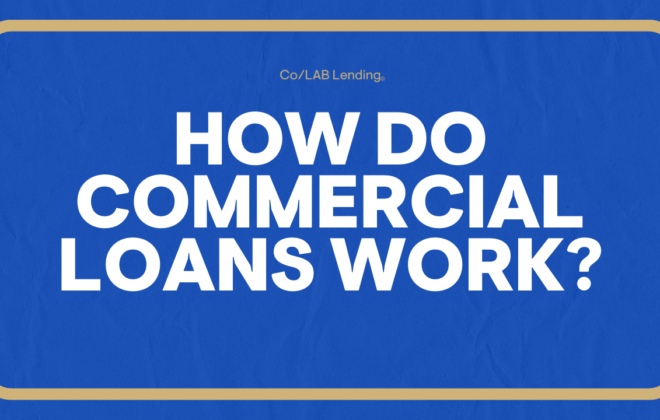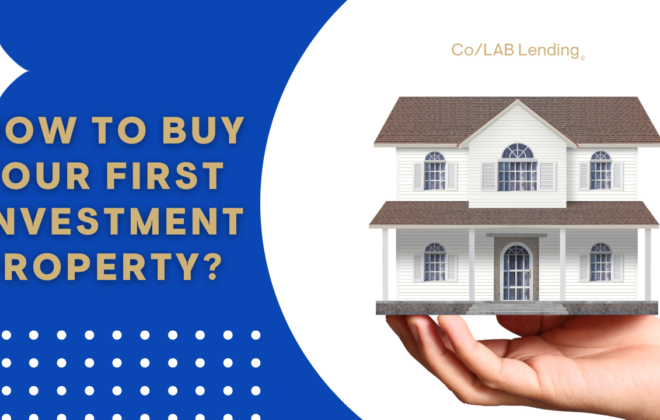7 Crucial Factors That Determine Your Mortgage Interest Rate
Understanding the Factors That Determine Mortgage Interest Rate
It’s largely thought by home buyers, especially first-time homebuyers, that their credit score is the only factor that determines mortgage interest rate. They would be correct in assuming that, at least partially. In fact, even more experienced home buyers think that the only determining factor for credit rate is their credit score. They might be shocked to know that when it comes to applying for a mortgage there are actually multiple factors that are used to give you your rate.
Mortgage interest rates aren’t as black and white as they seem. We think that it’s just as important for mortgage shoppers to understand how their interest rate is determined as much as we do. Hopefully understanding some of the determining factors will help buyers feel more confident and be a bit more savvy when mortgage shopping.
If nothing else, hopefully, buyers will understand why the rate you might get quoted from a loan officer or bank from a 5-minute phone probably isn’t the rate you actually get when you lock your loan.
There is a process of getting a mortgage rate and below are some of the factors used when calculating what your mortgage rate will be.
The Role of Credit Scores in Determining Mortgage Interest Rate
1. Credit Scores
Let’s start with the most obvious and the one factor just about everyone is familiar with, credit scores. A general rule of thumb, as with most financing, individuals who have higher credit scores will get lower interest rates. This is because lenders look at risk when deciding whether or not to extend credit to someone. Those with higher scores have paid debts on time and most likely done well managing the amount of overall credit they are using. They are less of a risk. Lenders consider credit scores as a guide to how reliable the borrower when it comes time to make your monthly payment.
This is why it is important to check your credit scores and get any errors corrected before you mortgage shop. Don’t hurt yourself by having a lower credit score and potentially paying more for financing if you there is something on your credit report you can correct.
2. How Home Location Affects Your Mortgage Interest Rate
The location in which you choose to buy can also affect your interest rates. Many lenders may have different rates depending on the state you live in. Also, whether or not the home is located in a rural area or urban an area may affect the rate you are offered. This next point can’t be stressed enough, each lender has different products and different rates. Generally, local banks and giant national lenders may have limited options while mortgage brokers can offer a broader spectrum of products and range of rates. It’s important to check with a few places so that you can get more than one opinion.
3. The Impact of Loan Amount on Your Mortgage Interest Rate
The size of the mortgage loan will affect your interest rate. Small loans can often be susceptible to higher interest rates. If you need a larger amount like a jumbo loan (over $484,350 in most areas) your interest rates can be higher.
Once a home has been chosen, or you’ve determined what you think you will spend, you can use various online tools, or talk to a mortgage expert about how much you should borrow. The amount you use as a down payment can also affect your rate. Having your loan officer run a couple different scenarios can be useful when determining what your interest rate will be. Test putting more or less down to find your sweet spot.
4. How Down Payment Amount Influences Your Mortgage Interest Rate
As mentioned above, the size of a down payment can factor into your interest rate. Larger down payments are look positive to lenders and they can offer a lower rate because they feel the buyer is less of a risk.
Remember, the larger the down payment the less you are borrowing and therefore the total overall cost to borrow is less. Factoring in a low interest rate means that you will save thousands over the life of the loan. If the amount is less than 20% you may be required to pay mortgage insurance which is an additional monthly fee that protects the lender in case the borrower defaults on the mortgage payments. This additional monthly fee could mean you pay more overtime but depending on the type of loan this fee may drop off once you have reached a loan-to-value of 80%.
Make sure you pay attention to the total cost of your mortgage and not just the interest rate when mortgage shopping.
5. Loan Term
A loan term is the amount of time during which a borrower makes monthly payments towards a home loan. Terms can be 5 years, 10 years, 15 years, 30 years or anything in between. The most common length of term, especially for new homebuyers is 30 years.
Generally speaking, the shorter the term the lower the interest rate. However, shorter terms will come with higher monthly payments than longer terms. Shorter term loans also mean the total cost to borrower will be less.
6. Interest Rate Type
There are two types of interest rate types; fixed and adjustable. The interest rate on a fixed rate loan will remain constant for the life of a loan. An adjustable loan has an interest rate that may be fixed for specific amount of time at the beginning and then adjust up or down each period based on the market.
Home mortgage loans with adjustable rates can often be below that of fixed rate loans, at least to start. Depending on how the market is trending you could end up with higher rate several years into the loan. Or, if you are a positive thinker it could be less. Talk to your mortgage professional to learn more about the difference.
7. Loan Type
Finally, the type of loan you use for a mortgage will affect your interest rate. There are several different categories of mortgage types like FHA, USDA, VA and conventional. Each category may have different loan solutions that have varying eligibility requirements the borrower must meet to qualify. Also, each loan solution may have different rates associated with them that change with the market.
When mortgage shopping you should consider talking with multiple banks and brokers and find out what products they offer. If shopping isn’t your thing, think of it as getting a second or third opinion. Having more information about your mortgage will only help you make the best decision on how to finance your next home.
Mortgage Consultation Today!
Tags In
Categories
- Credit (4)
- FHA Loans (3)
- Finances (3)
- First Time Home Buyers (6)
- Grab Bag (7)
- Home Technology (1)
- Homebuying Tips (17)
- Inspiration (1)
- Insurance (3)
- Interest Rates (3)
- Loan Process (1)
- Mortgage Financing (14)
- Motivation (1)
- News (1)
- Press Release (8)
- Renovation (2)
- Self Employed (1)
- Tips & tricks (1)
- Uncategorized (134)
- USDA Loans (1)
- VA Loans (2)



